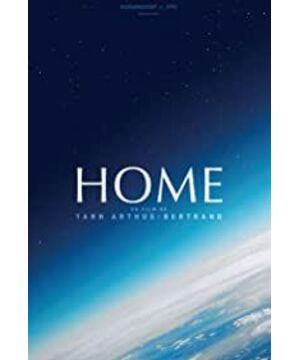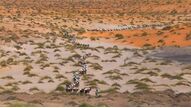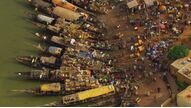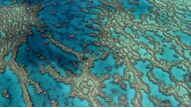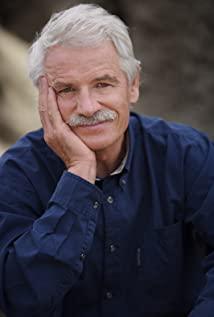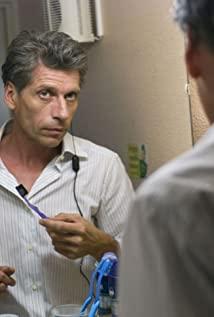I don't promote doctrine, but I hope more people can take this film seriously.
It must be emphasized: environmental protection, caring for our homeland, this is an ethical issue!
Please bear in mind that we need this earth, not the earth needs us!
In addition, I would like to say the following paragraphs in response to doubts.
First, if this film can arouse more people’s environmental awareness, then the resources consumed in filming and production are definitely worth it, and the film itself has also been carbon offset.
Second, carbon compensation is currently the most effective way to protect homes. Don't question all carbon compensation behaviors just because you question a certain carbon compensation matter. Don’t be foolish at home waiting for the government to invent a spacecraft to allow you to immigrate, and don’t be foolish at home waiting for companies to develop pure solar cars. When you have time to complain, plant more trees. At least that will give your children and grandchildren a little hope. !
Third, please take a look at yourself when criticizing others. At least the author of this film has done something about environmental protection. Whether or not you question whether his carbon compensation has been implemented, please take a look at yourself. I’m afraid even carbon. The concept of compensation was brought to you by this film, right? In other words, without the appeals of these people who are concerned about environmental protection, who would know that our home is at stake? Don't tell me you trust the government unconditionally, go and see this Copenhagen, the facts are in front of you alive!
Fourth, shouting that the so-called scattered people, you can indeed go home to wash and sleep. Because without you, people who care about this world will continue to act. Of course, because of you, everything will be better. But please don't forget, this world doesn't need your existence, you need it because of existence!
I heard an elderly Tibetan complaint in Gladandong, Qinghai, that they were the victims of the glacier degradation.
I was sad near Qinghai Lake, because after a few years, the green grass turned into yellow sand.
I was shocked in the depths of Lop Nur, because of the desolation, there was still water flowing through decades ago!
Go to see the Yulong Kashi River in Hotan, it has been riddled with holes in order to dig jade!
Let’s take a look at the Yamdrok
Lake in Tibet. The place where it was still on the surface of the water in 2008 can already pass the car in 2009! There is also Taihu Lake. The days when people rushed to buy pure water were forgotten?
People who were trapped on the road during the snowstorm did not think about why?
How many years have you seen the Milky Way?
Have people who live by the sea find that many fish are rare in the market?
Too much. . .
Again, I don’t want to spread doctrine. I just hope that everyone can give the people around me a little bit of correct guidance, to be worthy of their own conscience, and our children and grandchildren, let’s not forget, there are so many and so many with us. The same life has the right to live in this homeland. . .
View more about Home reviews


